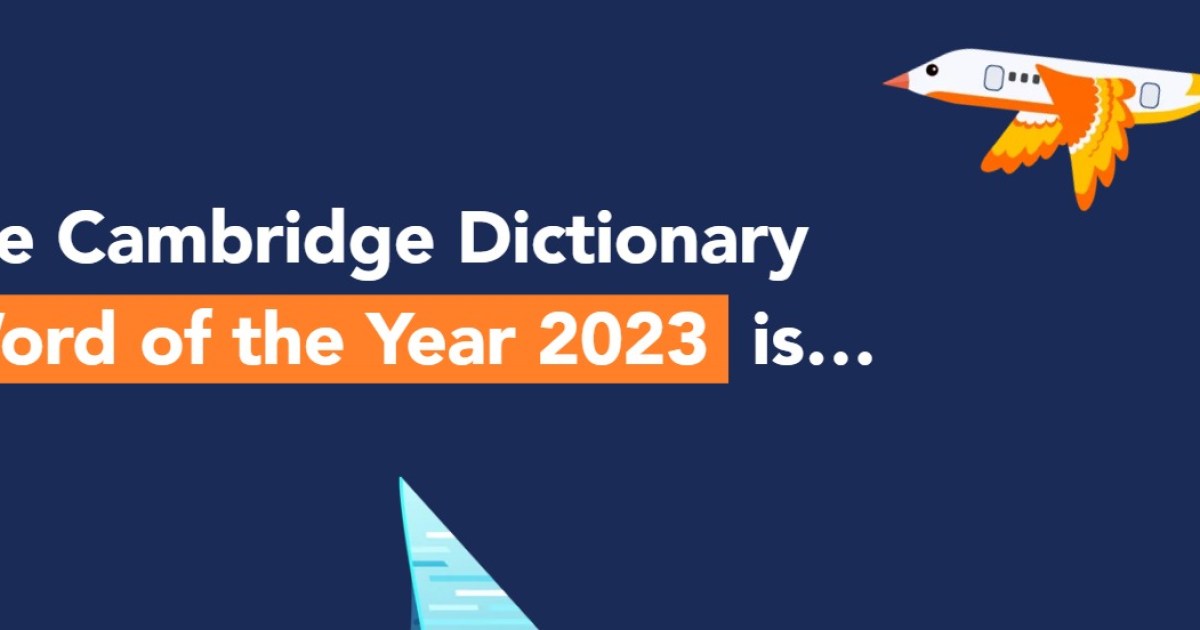Traditionally, at the end of the year, a dictionary Cambridge pronounces his word of the year, which somehow sums up in one word everything that these dizzying 365 days have been about.
And the word of 2023 already has a king: it’s about “hallucination.” And, as Cambridge residents explain, their choice largely corresponds rise of AI and how using it allows us to create texts, images or videos that often create amazing worlds and experiences.
But instead, the dictionary put a more negative spin on the issue and published an illustrated website that explains the term, saying: “When artificial intelligence hallucinates, it produces false information.”
“The Cambridge Dictionaries team chose hallucinate as the word of 2023 because they felt the new meaning captured the essence of why people talk about AI,” the dictionary says. “Generative AI is a powerful tool, but we are still learning how to interact with it safely and effectively, which means understanding both its potential strengths and current weaknesses.”
The Cambridge Dictionary’s first definition of hallucination (for people) is “seeming to see, hear, feel, or smell something that is not there.”
“At Cambridge we are committed to providing students with accurate language information, so we are excited about the potential for access to our content through artificial intelligence. Managing the trend of generative AI tools failing will be key to ensuring that our users can continue to trust us. The emergence of a new meaning for hallucinations is a good example of this. “It is the human experts who monitor and record changes in language that make Cambridge Dictionary a reliable source of information about new words and meanings that public artificial intelligence tools have not yet discovered,” commented Wendalyn Nichols, Director of Publications, Cambridge Dictionary.
“The widespread use of the term ‘hallucination’ to refer to errors in systems such as ChatGPT “This provides fascinating insight into how we think about and anthropomorphize AI,” Dr. Henry Shevlin, an AI ethicist at the University of Cambridge, said in a statement. “As this decade passes, I expect our psychological vocabulary to expand even further to embrace the strange abilities of the new intelligences we are creating.”
Source: Digital Trends
I am Garth Carter and I work at Gadget Onus. I have specialized in writing for the Hot News section, focusing on topics that are trending and highly relevant to readers. My passion is to present news stories accurately, in an engaging manner that captures the attention of my audience.










